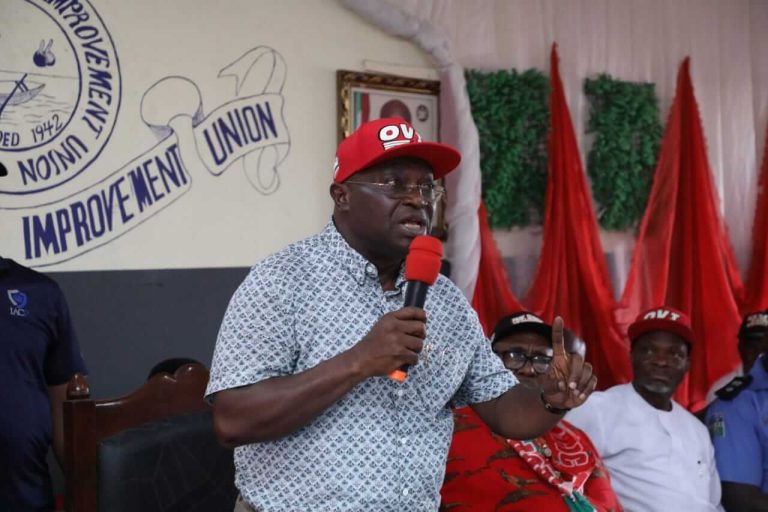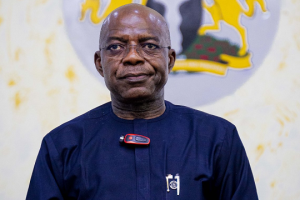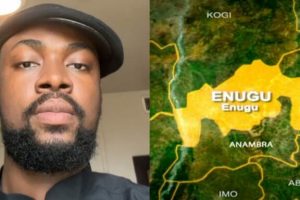
Former Governor of Abia State, Dr. Okezie Ikpeazu, has taken a swipe at newly elected governors who, upon assuming office, choose to criticize their predecessors rather than acknowledge and build upon their achievements.
Speaking in Abuja on Thursday during a keynote lecture titled “Showcasing Africa’s Developmental Capacities in the Current Multi-polar Realities,” Ikpeazu condemned what he described as a growing trend among some leaders to engage in blame games immediately after taking office.
The former governor, who led Abia State from 2015 to 2023 under the platform of the Peoples Democratic Party (PDP), labeled such behavior as immature and counterproductive.
“Anybody who comes to leadership and starts by saying that everything that his predecessor is doing is bad is a lady leader,” he stated. “You must be able to see what is good and build on it if you have truly come to serve the people.”
Rift With Alex Otti
Ikpeazu’s remarks come amid a lingering political feud between him and his successor, Governor Alex Otti of the Labour Party. Since the transfer of power in 2023, both leaders have been locked in a war of words, marked by mutual accusations and political tension.
Governor Otti has openly accused Ikpeazu of financial mismanagement, including the controversial claim that ₦1.9 trillion was allegedly withdrawn from state coffers during the eight years of Ikpeazu’s administration. In response to the allegations, Otti’s administration commissioned the services of global auditing giant KPMG International Nigeria Limited to conduct a thorough review of the state’s finances.
While Ikpeazu has denied any wrongdoing, he has maintained that his administration made significant progress in infrastructure development, healthcare delivery, and education reforms, which should not be overshadowed by post-administration politicking.
Call for Constructive Leadership
During his lecture, Ikpeazu urged Nigerian leaders to focus on continuity and sustainable development, rather than tearing down their predecessors’ legacies for political gain. He emphasized that real leadership requires humility, vision, and the ability to acknowledge existing progress while charting a path forward.
“It takes courage and maturity to admit that your predecessor did something right,” he said. “True leadership is not about erasing history it’s about improving it.”
Ikpeazu’s comments reflect a broader conversation about governance culture in Nigeria, where political transitions are often marred by public accusations, audits, and reversals of prior policies. Analysts have warned that such hostility can stall development and erode public trust in government institutions.
As political debates in Abia State continue to heat up, observers say it remains to be seen whether both leaders can shift focus from personal vendettas to collaborative efforts that benefit the people of the state.





